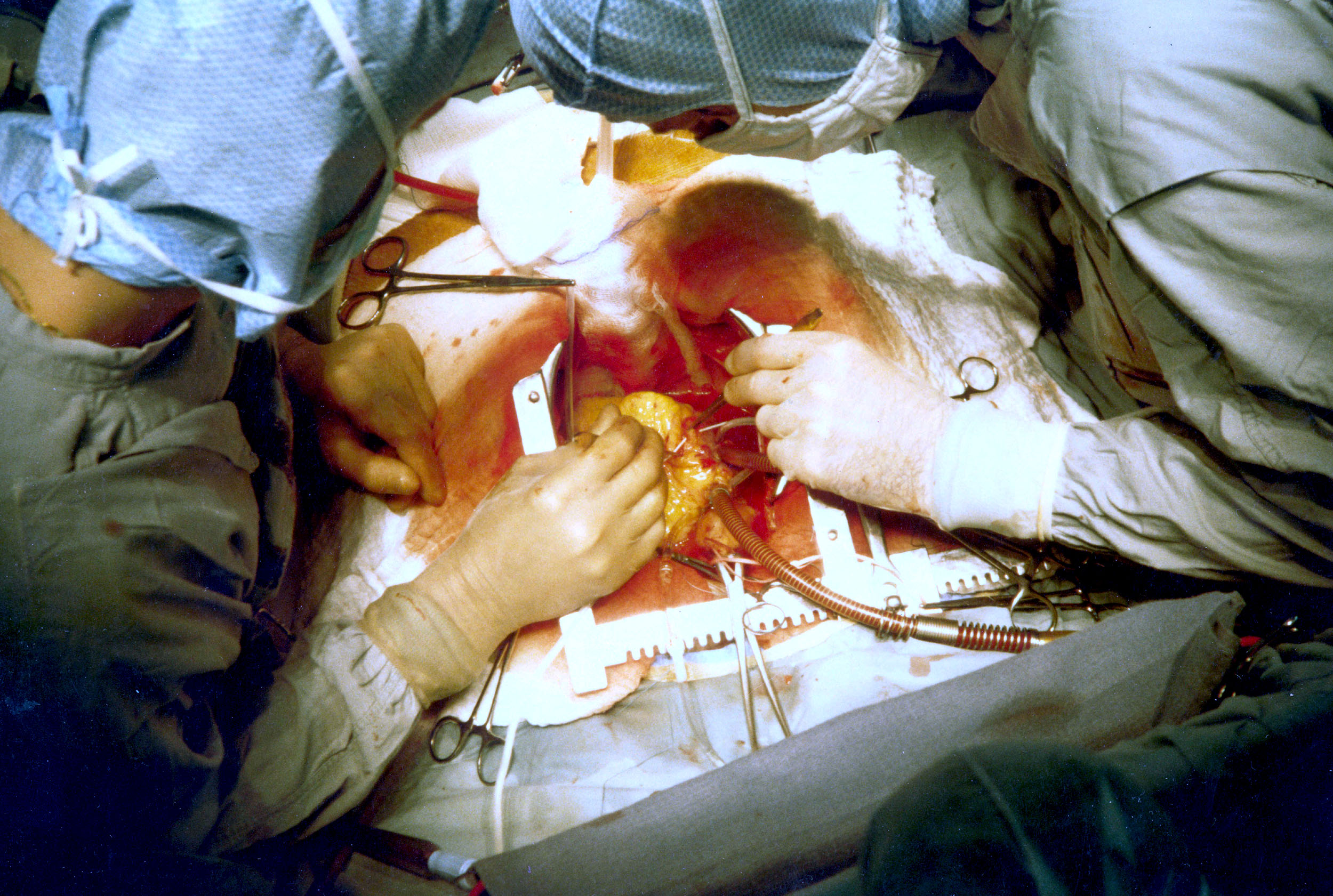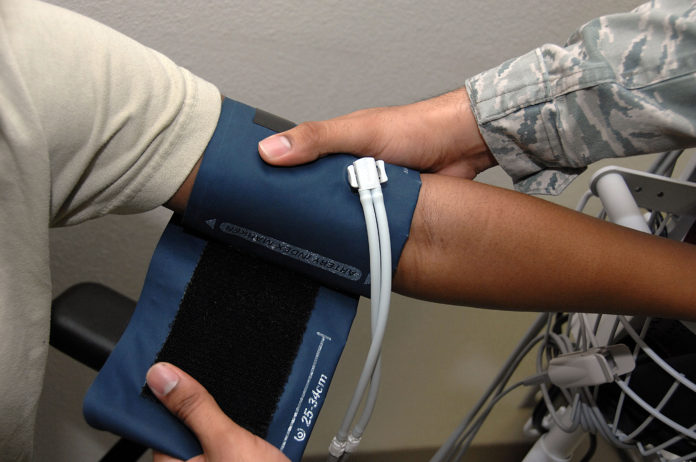Of particular concern is the possibility of “moral hazard” procedures like elective C-secs bleeding the exchequer
Third party clinical audits, pre-authorisation of non-emergency procedures and reimbursement of possible “moral hazard” procedures like Caesarean sections and hysterectomies only if they are done in a government institution – as it prepares to roll out an ambitious scheme to provide health cover to 50 crore people, the government of India is looking at various options to prevent its misuse.
“Moral hazard” in health insurance parlance is the tendency of people who are insured to buy/be sold additional healthcare interventions
The National Health Protection Scheme, touted as the largest health insurance scheme in the world, was announced in the Union Budget last month. The options were presented before the PMO in a meeting two weeks back.
“Moral hazard” in health insurance parlance is the tendency of people who are insured to buy/be sold additional healthcare interventions irrespective of their actual needs leading to expenses that do not necessarily add to their own health or wellbeing but bleeds the insurer. The possibility of procedures such as elective caesarean, orthopaedic implants and hysterectomies bleeding the exchequer was flagged by Kerala health secretary Rajiv Sadanandan during the consultation with states last month on the modalities or rolling out the NHPS.

“We will put sufficient safeguards in the NHPS proposal. Under consideration are a provision of independent clinical audits and pre-authorisation of non-emergency procedures. To deal with ‘moral hazards’ we are thinking of bringing in a clause that some procedures can only happen in government healthcare setups for them to be reimbursed,” said a government source.
The moral hazard challenge in some of the procedures are borne out by the latest National Family Health Survey (4). NFHS-4 shows a disproportionate preponderance of ceasarean sections for child-birth in the private sector, especially in cities. Nationally 40.9 percent births in the private sector and 11.9% in the government sector happen by ceasarean section. The figures range from 87.1 per cent of the deliveries in urban Tripura (against 36.4 per cent in government sector) to 25.3 per cent in urban Haryana (the figure in government sector is 10.7 per cent).
According to WHO, the “ideal rate for Caesarean sections to be between 10-15 per cent”. Authentic government figures are not available for hysterectomy but smaller studies indicate it could be very high – in some populations it was as high as 70%.


